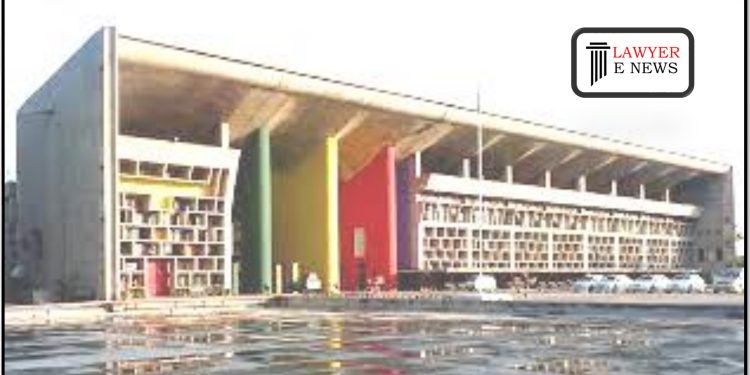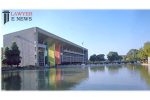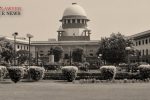Ignoring Crucial Evidence is an Illegal Approach: P&H High Court in Remanding Ancestral Property Dispute for Fresh Appraisal

Additional evidence to determine the ancestral nature of disputed lands in Salala and Pattar Kalan villages.
In a significant judgment, the Punjab and Haryana High Court remanded an ancestral property dispute back to the lower appellate court, emphasizing the necessity of considering additional evidence. The case, involving the descendants of Dalip Singh and his land in Salala and Pattar Kalan, highlights the complexities of property inheritance and the importance of thorough judicial review.
The dispute traces its origins to a suit filed by Gurdev Singh and Sarwan Singh, sons of Dalip Singh, in 1985. They contested the ancestral nature of land in the villages of Salala and Pattar Kalan, which Dalip Singh allegedly favored his grandsons, the sons of his other sons, Lachhman Singh and Baldev Singh. The plaintiffs sought to invalidate a 1982 decree in favor of these grandsons, claiming their joint ownership of the property.
The central issue was whether the land was ancestral or self-acquired. Dalip Singh’s descendants were divided, with some arguing that the land was ancestral, inherited from his father Hakam Singh, while others maintained it was self-acquired. The trial court had previously ruled that the land in Pattar Kalan was ancestral, whereas the land in Salala was self-acquired based on a 1958 sale deed from Parmeshwari Devi to Dalip Singh.
Justice Deepak Gupta noted significant omissions by the lower courts, particularly the failure to address an application for additional evidence filed by the plaintiffs in 1987. This application aimed to introduce further documentation, including a claim application and allotment parchi, to clarify the nature of the land. The appellate court’s oversight in not considering this application was deemed a critical flaw in the judicial process.
The judgment underscored the appellate court’s duty to evaluate all pertinent evidence before reaching a decision. “The application for additional evidence, filed under Order 41 Rule 27 CPC, was essential for a comprehensive understanding of the case. Ignoring this application constituted a lapse that necessitates a re-evaluation,” the court stated.
Justice Deepak Gupta remarked, “Without deciding the application for additional evidence, the appeal’s merits cannot be thoroughly assessed. The appellate court must consider this evidence to ensure a just resolution.”
The remanding of this case highlights the judiciary’s commitment to exhaustive evidence evaluation in property disputes. By directing the lower appellate court to reassess the case with the additional evidence, the High Court aims to ensure a fair determination of the land’s ancestral status. This judgment is expected to reinforce the importance of meticulous evidence review in similar property disputes.
Case Title: Gurdev Singh (since deceased) through LRs and another vs. Lachhman Singh and others
Date of Decision: May 31, 2024






